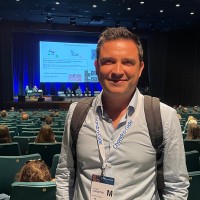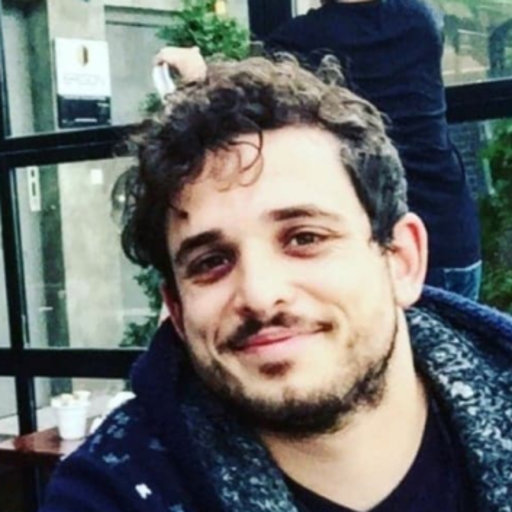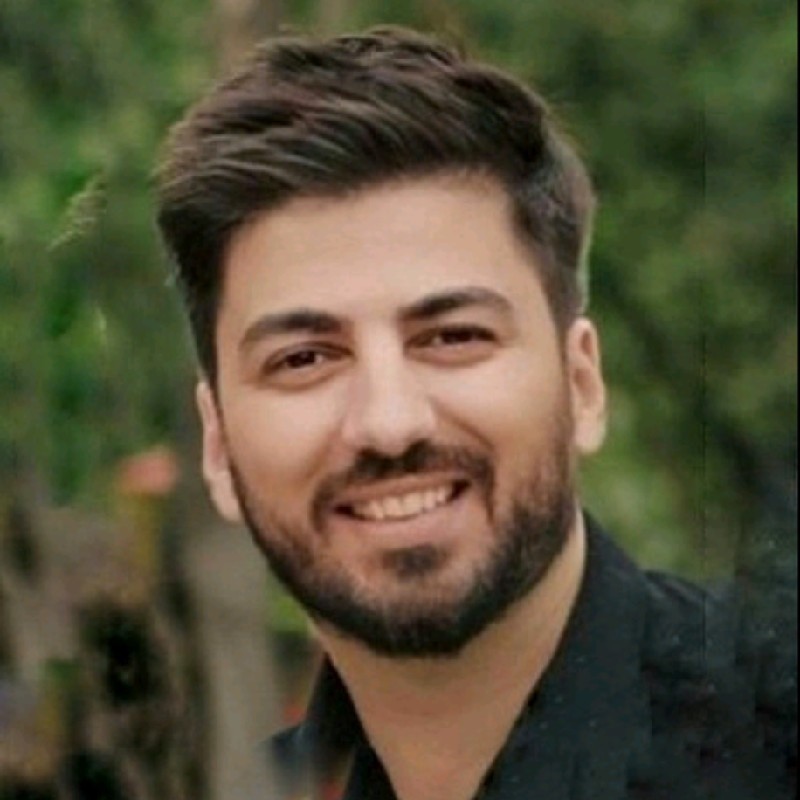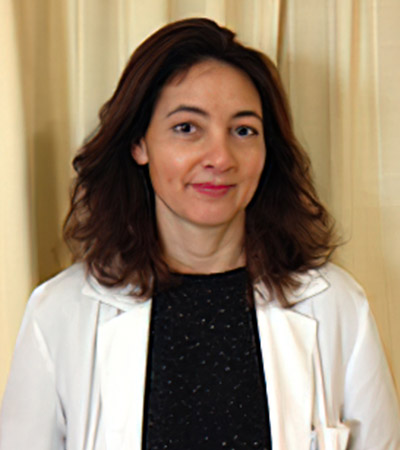Description
Thessaly Graft Index: An artificial intelligence-based Index for the evaluation of graft healing in ACL reconstructed knees. A pilot study.
Objectives: MRI has proven to be a valuable non-invasive tool to evaluate the graft healing process after anterior cruciate ligament (ACL) reconstruction. However, MRI protocols and interpretation methodologies are quite diverse, preventing comparisons of signal intensity across subsequent scans and independent investigations. The purpose of this study was to create an artificial intelligence (AI) based index (Thessaly Graft Index - TGI) for the evaluation of graft maturation in ACL reconstructed knees and to investigate the correlation of TGI with patients' clinical and functional outcomes.
Methods: The study included a cohort of 24 patients with isolated ACL injury who were treated with a hamstring tendon autograft and were followed up for one year. MRI of the injured knee was performed before surgery and one year postoperatively. The clinical and functional evaluation of the patients' knees for the same period of time was performed using the KT-1000 and the following patient-reported outcome measures (PROMs): the KOOS, the IKDC, the Lysholm score, and the Tegner Activity Scale (TAS). An AI model (Yolov5 Nano version) that was meticulously designed to compute the probability of accurately detecting a healthy ACL on a percentage scale was used to assess the ACL graft. The results were compared with the MRI assessment from an independent radiologist and were correlated with PROMS using the Pearson correlation coefficient.
Results: The mean preoperative and postoperative TGI scores were 64.21 and 82.37 respectively. A mean increase of 15% in the TGI between preoperative and postoperative images was recorded. The minimum threshold for TGI to categorize a graft as healthy on the postoperative MRI was 79.21%. Twenty-two grafts were characterized as healed and 2 as re-ruptured with post-op TGI scores of 71% and 42%, respectively. The radiologist's assessment was in total agreement with the TGI scores. The correlation between TGI and PROMs ranged from moderate to very good for TAS (0.668), IKDC (0.516), Lysholm (0.521), KOOS total (0.594), and KOOS subscales for Sports (0.663), Quality of Life (0.621), Pain (0.594), Activities of Daily Life (0.597) and Symptoms (0.504). No correlation was found between the TGI and the KT-1000 measurements on the injured knee (0.449) and for side-to-side difference postoperatively (0.380).
Conclusion: TGI is an AI tool that can predict the graft’s maturation rate with a sensitive and easily reproducible method. Additionally, the TGI score can successfully correlate with the KOOS, IKDC, TAS, and Lysholm scores assisting with the assessment of the effectiveness of ACL reconstruction and the ongoing monitoring of patient recovery and return to sports.










